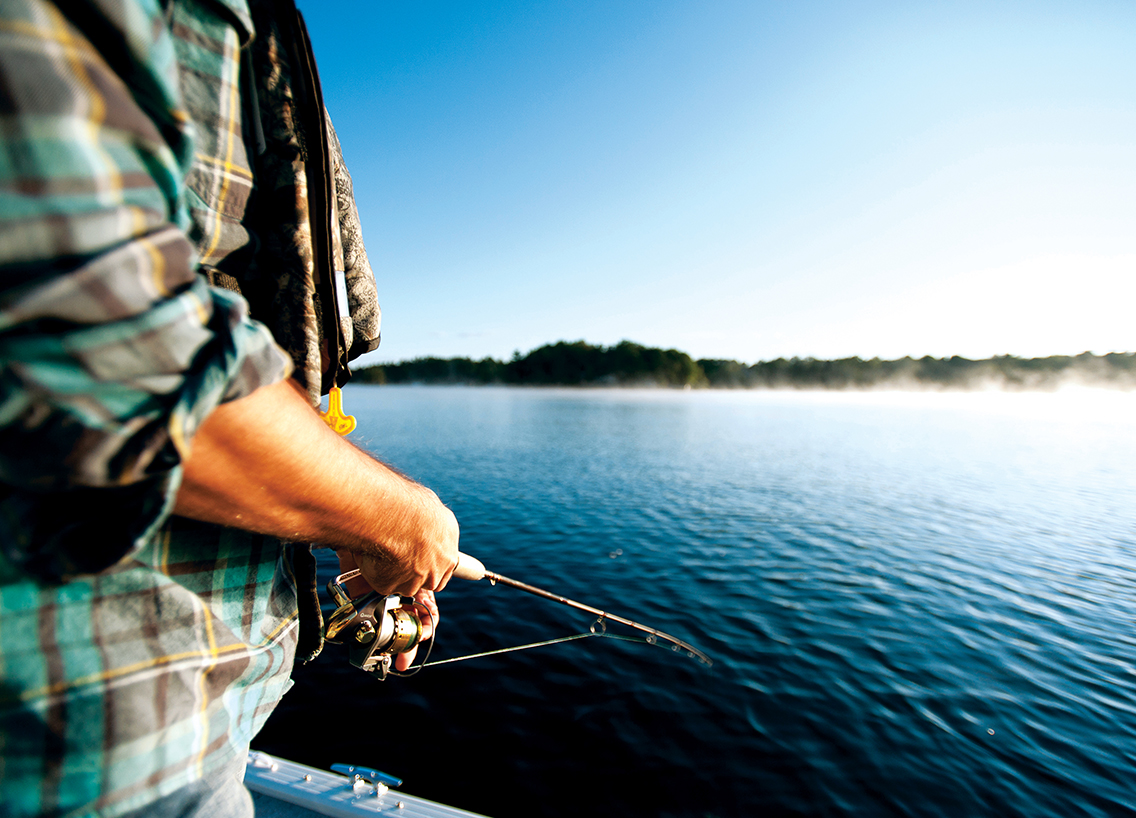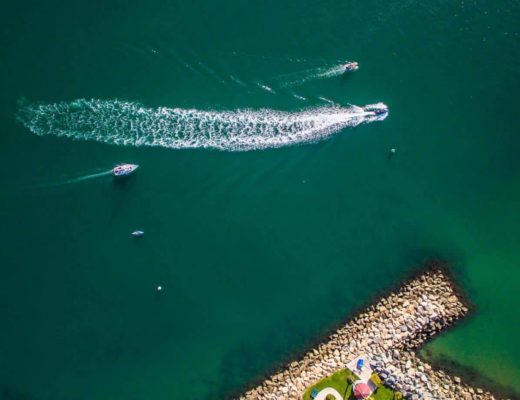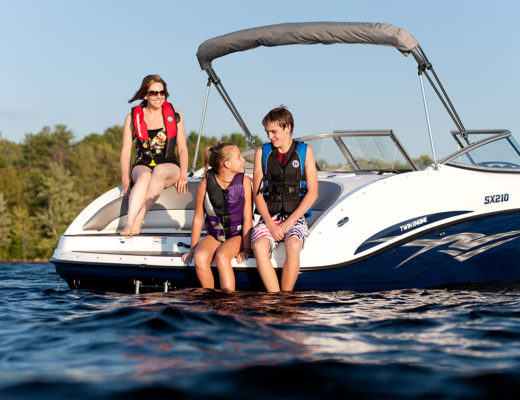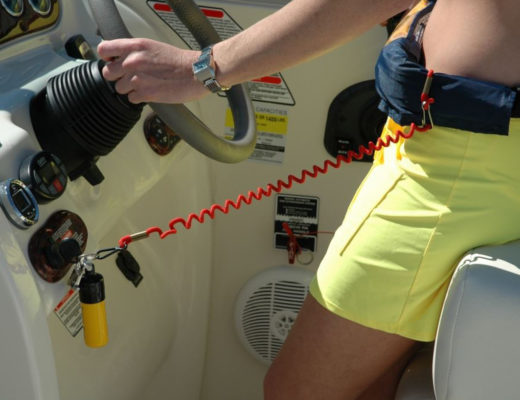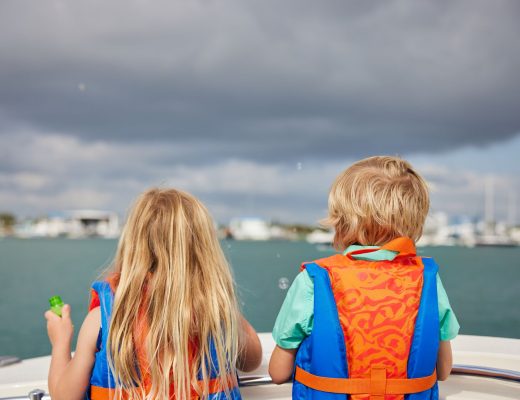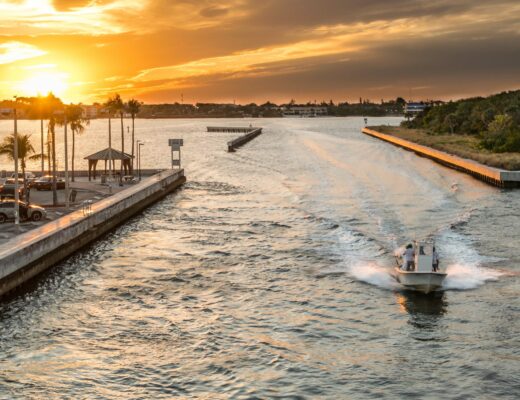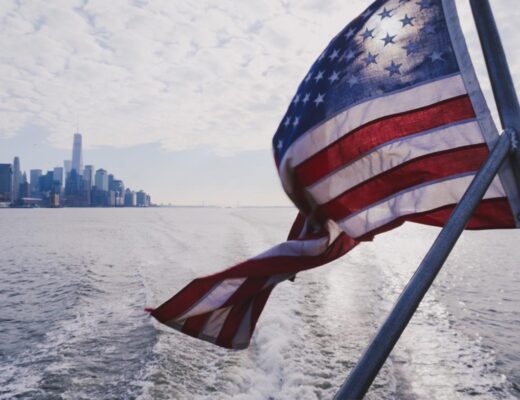Want to get the best out of your time on the water? It’s all about being prepared with good boat safety!
Remember these simple boating safety tips before heading out this long weekend to get the most out of your time with friends and family!
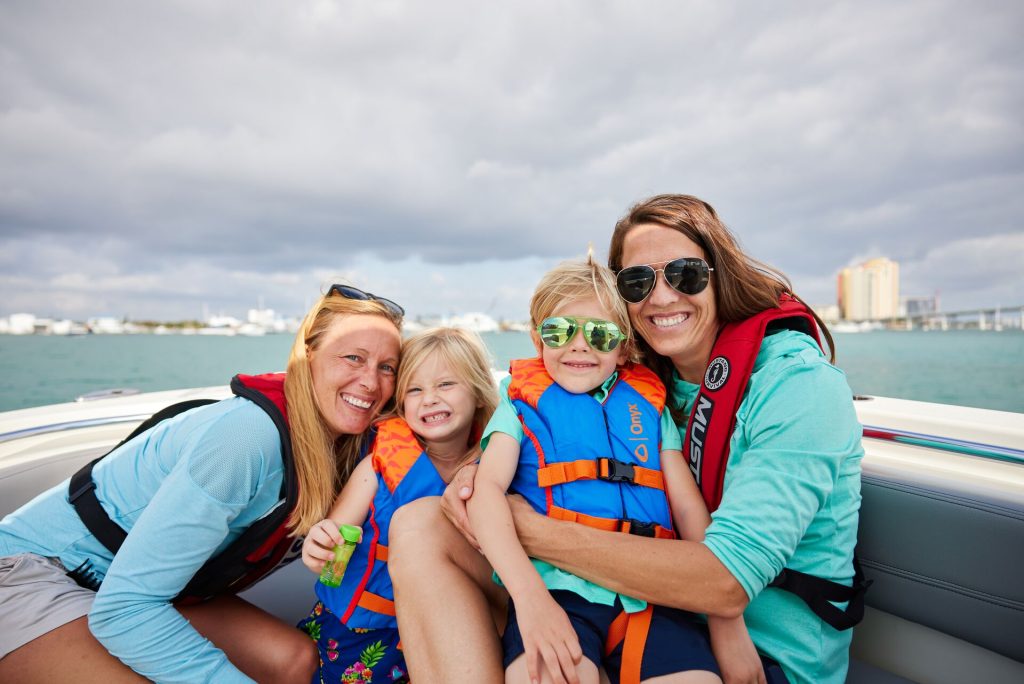
Use a Pre-Departure Checklist
Being prepared is one of the most important things you can do to ensure boating safety. Using a Pre-Departure checklist is one of the best ways be sure you’re prepared.
Why bother? Looking over your boat and checking critical things a few minutes before you leave can save frustration and inconvenience. It can also help you avoid potentially life-threatening situations if an unexpected emergency happens.
A thorough checklist includes:
- Reviewing the boat’s condition. This includes checking the hull for cracks, and making sure the throttle, steering, and lights work correctly.
- Check for fuel leaks from the fuel lines, tank, or carburetor. Also, check the oil level, spark plugs, and water and oil filters.
- Check hose connections for cracks or leaks. Make sure the hose clamps are tight.
- Drain water from the engine compartment and replace the drainage plug.
- Check the fuel level or know where you can get fuel before launching.
- Check the battery and fire extinguishers are fully charged.
You’ll also want to make sure the boat has the right safety equipment. This includes:
- The required number of lifejackets or PFDs. Make sure they’re in good condition and fit everyone on board.
- A first-aid kit, spare parts, basic tools, and spare parts for minor fixes on the water.
- Nautical charts and related publications.
Taking time to review the items in the list above can help you enjoy a safe and fun day on the water!
Use a Sail Plan (Trip Plan)
A Sail Plan or “Trip Plan” is a simple but effective tool to help others find you if you don’t return from a boat trip at a pre-planned time.
Many boaters who get into trouble are not found in time because search and rescue organizations cannot determine their position on larger bodies of water. A Trip Plan should be filed on shore prior to departure with a responsible person, the marina, or with your local Canadian Coast Guard detachment.
The plan should include your expected travel itinerary and include particulars like the name of your boat, distinguishing features, number of passengers on board, etc. On your return, remember to notify the person or organization with whom you filed the plan.
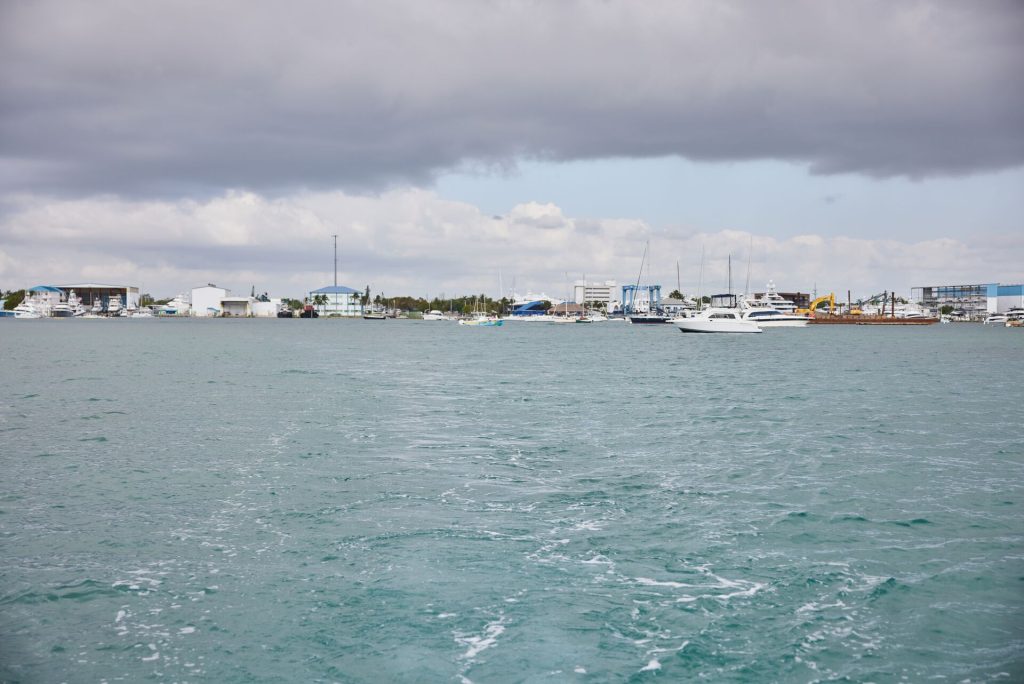
Check the Weather
Always check the weather before heading out.
A simple check of internet, TV, or radio weather broadcasts can make a big difference. It’s all about avoiding the potential danger that can come with bad weather.
Once you’re out on the water, watch the sky for darkening clouds, sudden temperature drops, and rapidly changing wind conditions/direction. Remember to be mindful of the West: Storms usually approach from the West. However, storms from the East tend to be more powerful.
You should also be vigilant of other boaters’ movements as they may be aware of bad weather approaching.
Wear Your Lifejackets
More than 84% of boating-related drownings each year in Canada could have been prevented if the victims involved had simply worn an approved PFD or lifejacket.
It’s a simple lesson: Wear your lifejacket or PFD and make sure everyone on board does the same. It’s up to you to ensure your friends and family don’t end up as a statistic. Take the lead and set the example!
Don’t Mix Alcohol and Boating
Wouldn’t you be shocked to see someone driving a car and drinking a beer? Then why is it all right on a boat?
Most boats are more powerful than many motorized vehicles. The effects of alcohol are up to four times greater when consumed on water than on land because of external effects such as sun and wind. Your risk of accident and death more than doubles when alcohol is involved.
You may be tempted to have a cold one out on the boat, and although you may have done so in the past without having a problem, there’s nothing to say that the unexpected won’t happen. But we encourage you not to take the risk – it’s not worth the chance.
Keep alcohol onshore.
Take a Boating Safety Course and Get Your Pleasure Craft Operator Card
Beginners and experienced boaters alike need to be familiar with rules and regulations, marker buoys (aids to navigation), the “rules of the road,” safety equipment, and other aspects of boating safety.
Studies show that education and knowledge are key factors in staying safe on the water and reducing your family’s risk of accident or injury.
It’s a simple idea: If you know what you’re doing and how to be safe, then you will be. A boating course is the best way to prepare with the right knowledge. By ensuring each family member takes the Pleasure Craft Operator Card (PCOC) preparatory course and exam, you and your family members can boat confidently.
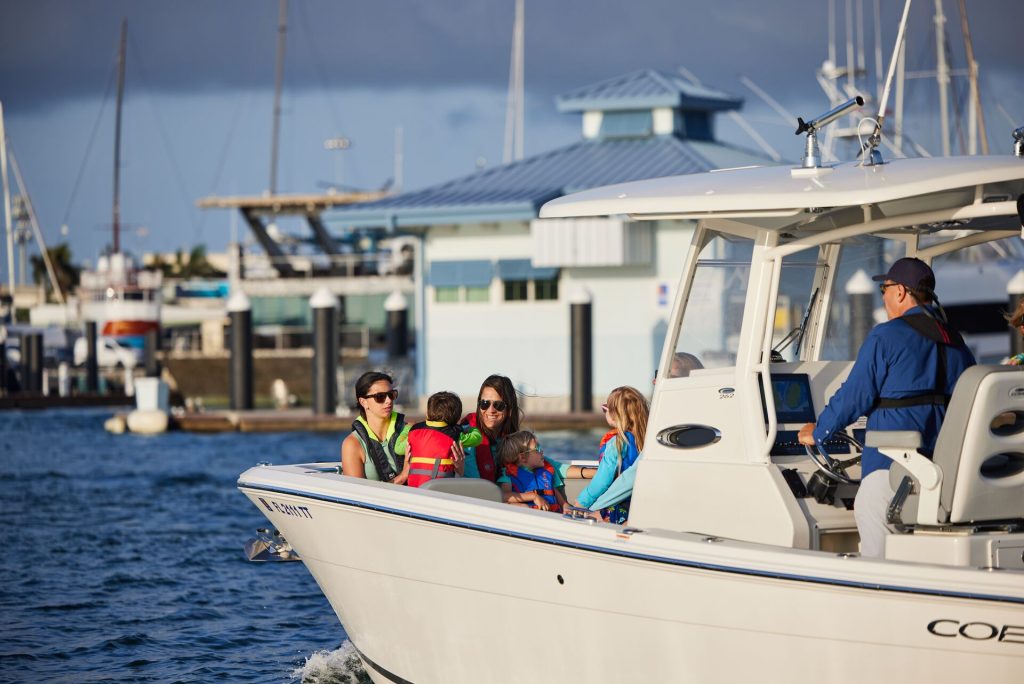
Use Common Sense
After passing a boater safety course, you and your family members have obtained the knowledge to be safe. You’ve prepared for a safe trip and have chosen to wear a PFD or lifejacket and not consume alcohol. You’re well on your way to enjoying a hassle-free and safe trip on the water!
Now, all you have to do is use common sense. This means choosing a safe speed at all times, particularly around other boat traffic. Keep a lookout by both sight and hearing at all times, and pay attention to marker buoys and other navigational aids.
Realize that when you’re out having fun on the boat, there can be a lot of distractions. Stay focused on your surroundings and operate within your and your craft’s abilities. Using common sense is a simple choice that, unfortunately, doesn’t always get made.
Enjoy Your Time and Stay Safe With BOATsmart!
We hope the tips we shared today help you have a safe and enjoyable time on the water this season. We mentioned the importance of taking a boating course to get your PCOC, and BOATsmart! is here to help.
Our online courses make it easy to learn boating safety essentials, pass the required exam, and get your boating license – all through our site. Click here to get started.
Originally published July 26, 2012. Content most recently reviewed and updated July 24, 2024.
